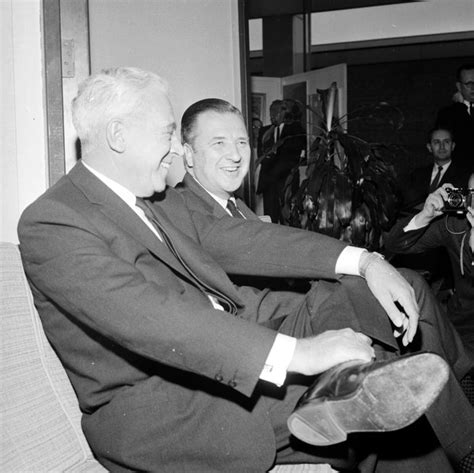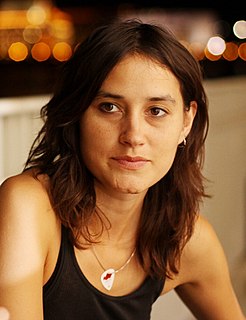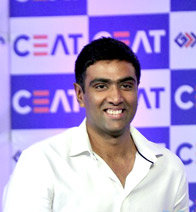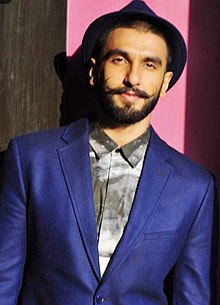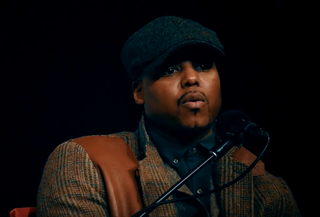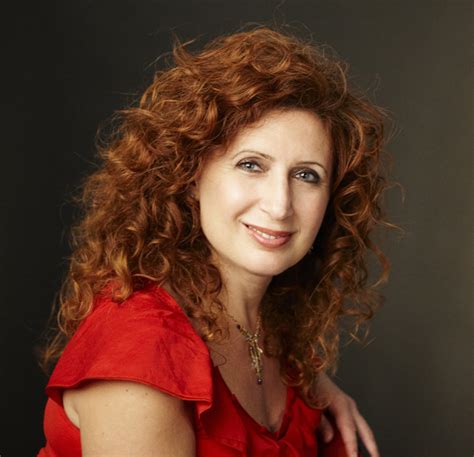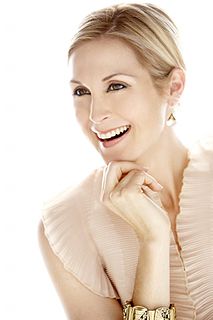A Quote by John Dykstra
I think that era of mechanically figuring out of how to bring a particular evocative image to the screen was a really important part of my education.
Related Quotes
I almost literally wake up in the morning starting to think of my next idea. It's almost always driven by what's in the news. The hard part, really, is getting from knowing what I want to say to figuring out how to say it in an image. I'm still not entirely sure how to explain how that happens... Suddenly, something just works.
The image itself is kind of the least important factor to me, though I'm still interested in putting forth an interesting image. I see the image as the screen laid over top of what really interests me, which is that depth of surface and that filmic quality that it has when you pass the piece. The idea that my pieces look like paintings, but are most definitely not, is really interesting to me.
I think the most note-worthy part is that Stella [Mozgawa] had joined the band two weeks before we started recording, so that really influenced the way that the album was recorded. It was really important for Stella and Jen[ny Lee Lindberg] to lay down the drums and bass first for most songs, because they were determining how they needed to lock in together, and Stella was still kind of learning and figuring out her parts.
That's the nature of representation; every time we represent something we alter it and slightly change it. And so with that as my foundation, understanding that it's always fictional to some degree, I give myself a certain freedom to really explore and ask myself questions. What might not have been understood at that time? What might have been hidden at that time? What narrative in this particular image wasn't the primary image, but is really important? That is really interesting to me, and then I try to tease that out as much as I can.
I've dedicated a lot of my life as a writer to understanding how to hear the divine voice, or the music of the spheres, or whatever it is that we do when we're making art, making something out of nothing. Figuring out how to do that is much more important than knowing how to execute a good line. I don't think about that anymore, I just write.
I always knew I'd be an actor. I always knew I'd at least be on a big screen somewhere. Everyone else I was watching, they were cool, but I thought that I could bring something fresh and new, even when I was really young. I didn't really know how it was going to pan out, for sure, but I always knew that one day I would be on the big screen. I had no doubts in my mind.
